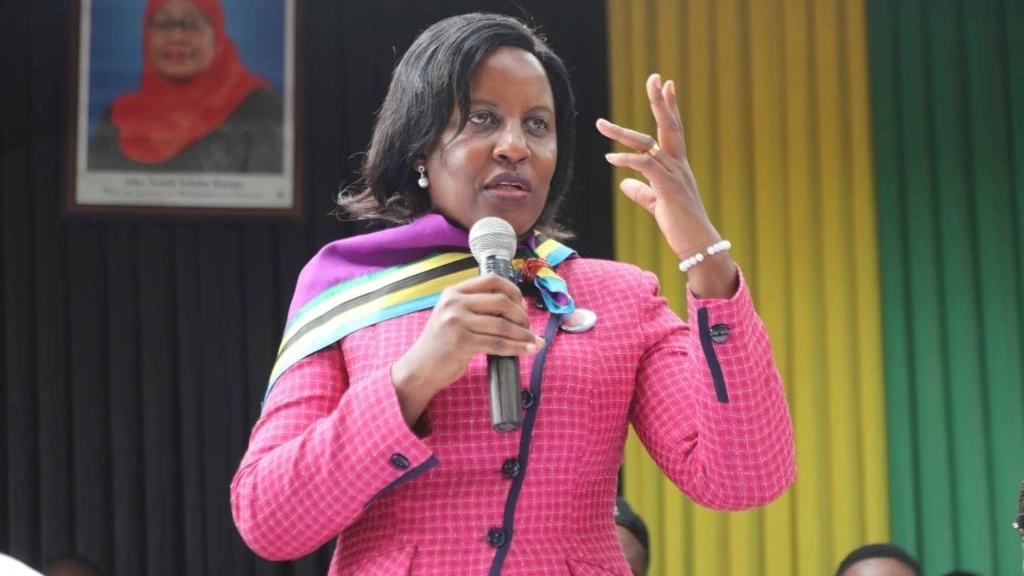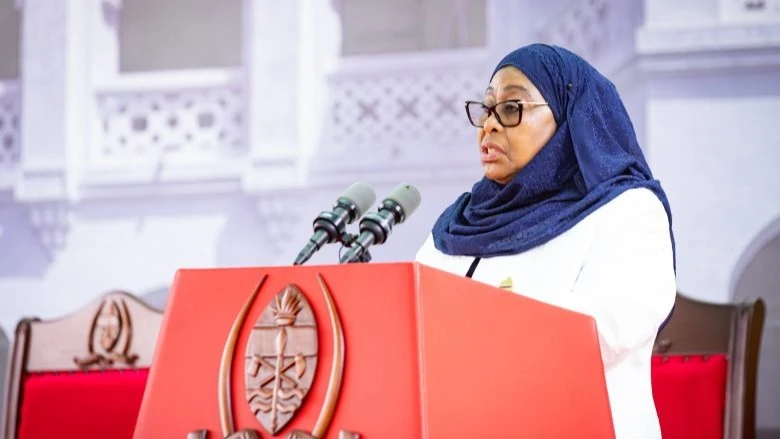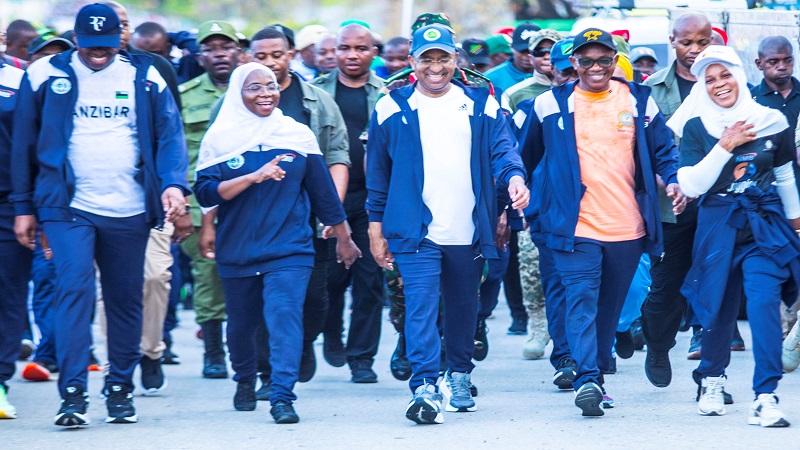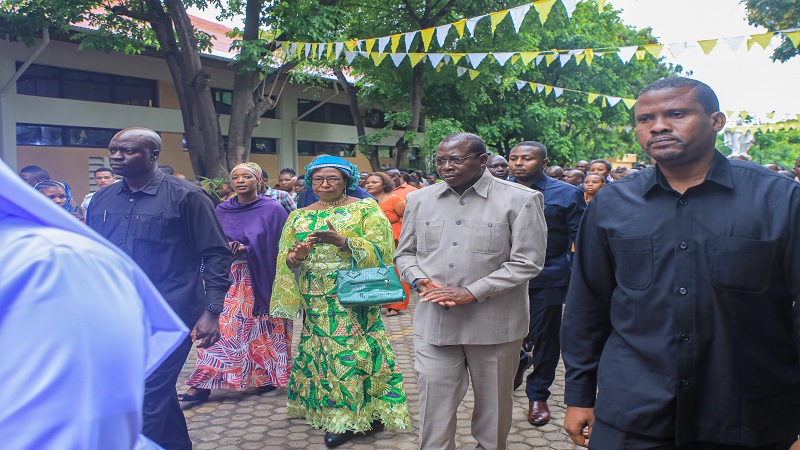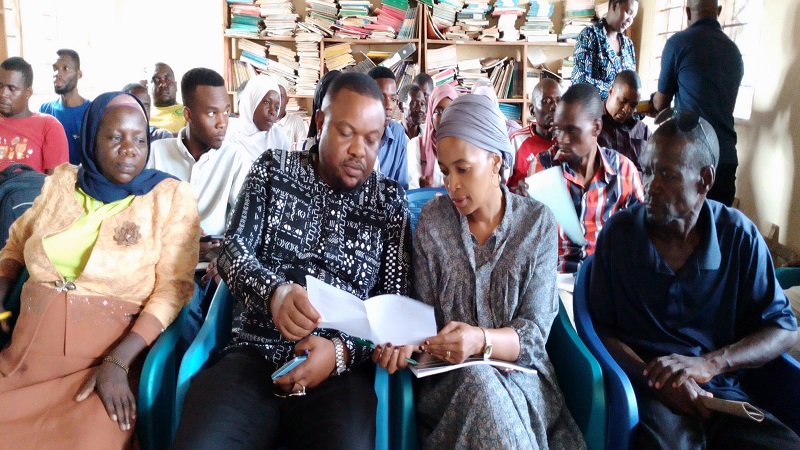Togo's opposition rejects constitutional reform, calls for protests
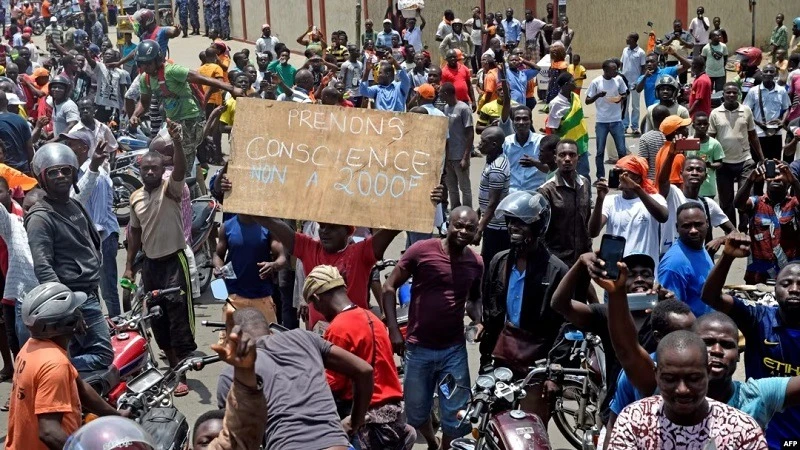
Activists and opposition leaders in Togo called on Wednesday for protests to stop the country's president from signing off on a new constitution that would scrap future presidential elections and could see Faure Gnassingbé extend his rule.
The constitution, which was passed by the country's lawmakers earlier this week but now awaits President Faure Gnassingbé's final approval, grants parliament the power to choose the president, doing away with direct elections.
This makes it likely that Gnassingbé would be re-elected when his mandate expires in 2025.
Some legal experts say the constitution actually restricts the power of future presidents as it introduces a one-term limit and hands over greater power to a figure similar to a prime minister, officially called the president of the council of minister. But opposition fears the role could become another avenue for Gnassingbé to extend his grip on power.
Indeed, the president of the council of minister will either be "the leader of the party which secures the majority during the legislative elections." Or the leader of the winning coalition of parties.
The president of the council of ministers will rule for a six-year term with no term limit.
The new constitution also increases presidential terms from five to six years. The almost 20-years that Gnassingbé has served in office, after taking over from his father, would not count toward that tally.
The Catholic Christian clergy has urged the president not to sign the bill into law. “Such an important subject which will profoundly change the political life of the country must give rise to broad consultation and a more inclusive national debate,” say the Conference of Togolese Catholic bishops said in a statement.
They reckoned that the incumbent lawmakers, “should only manage urgent and current affairs”, insisting that it is not appropriate to modify the Constitution during the ongoing campaign period.
They eventually called on Faure Gnassingbé to“engage in an inclusive political dialogue, following the results of the legislative and regional elections” scheduled for April 20.
Even if the constitutional reform was passed by lawmakers on Monday (Mar. 25), it is unclear when the changes will come into force.
Top Headlines
© 2025 IPPMEDIA.COM. ALL RIGHTS RESERVED












